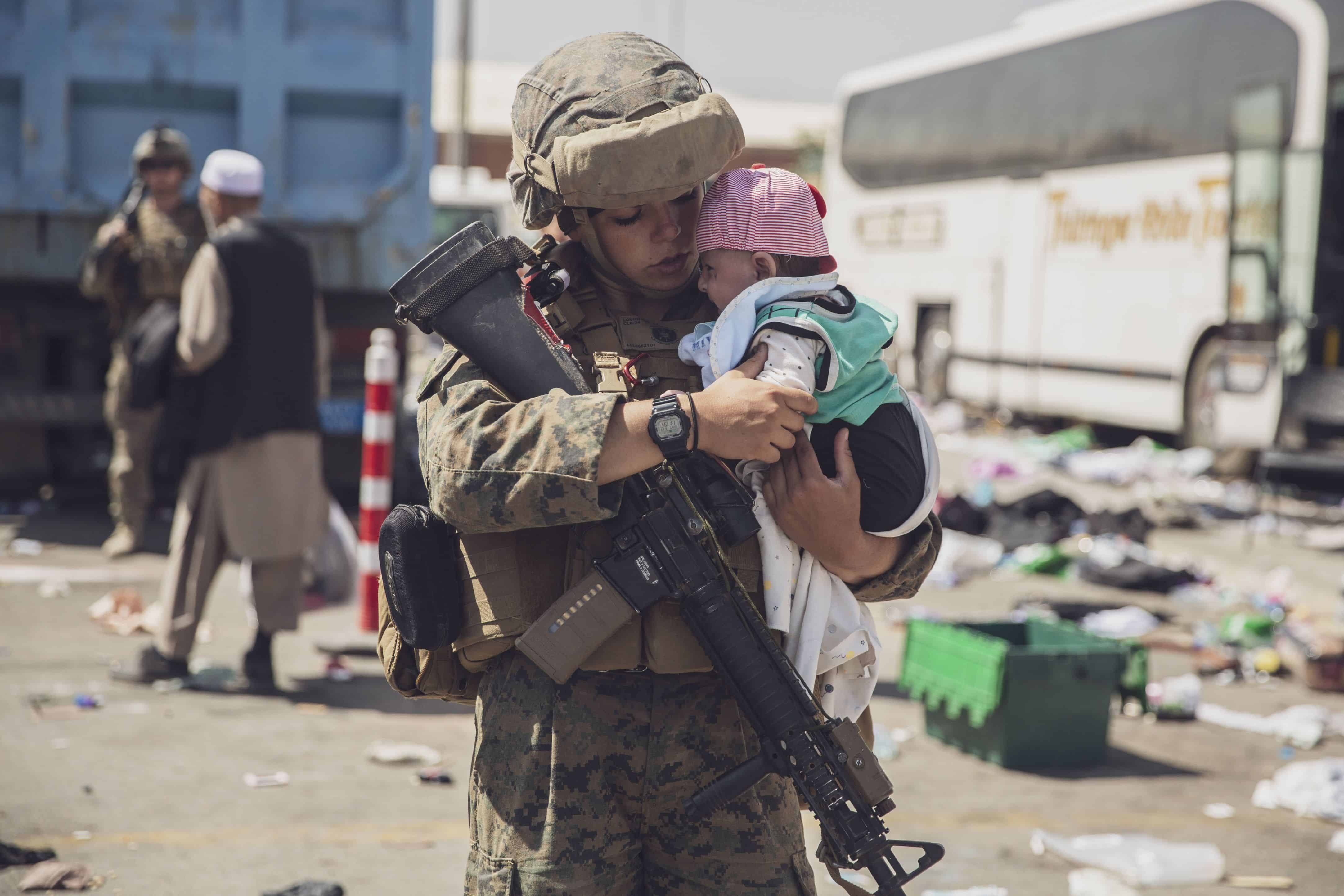As the second anniversary of the U.S. military exit from Afghanistan approaches, tens of thousands of Afghan refugees still remain in immigration limbo. Many who were evacuated in late summer and early fall of 2021 are stuck with a temporary authorization called “humanitarian parole,” leaving them in chronic uncertainty regarding their legal status. Advocacy groups and lawmakers are planning to push for progress, but prospects seem dim. Individuals left behind face the constant fear of the Taliban, and the moral imperative to act is expressed by veterans groups urging lawmakers to find solutions before the end of the year.
Key Points:
- Unclear Immigration Status: More than 80,000 Afghan refugees were evacuated from Afghanistan as U.S. troops departed, but their long-term immigration status is still unclear. Those airlifted were granted “humanitarian parole,” a temporary and tenuous authorization to reside in the U.S., leaving them with fears of deportation.
- Legislative Efforts: Several bills aimed at addressing the situation, such as the Afghan Allies Protection Act (AAPA) and the Afghan Adjustment Act (AAA), have been introduced but stalled in Congress. Advocates are pushing for action, but resistance from some Senate Republicans and other political obstacles have made progress difficult.
- Moral and Ethical Obligation: Advocacy groups, including veterans organizations, are emphasizing the moral obligation to assist Afghans who aided the U.S. mission. They are urging lawmakers to act promptly to protect the individuals who risked their lives in pursuit of democracy, as delay could further jeopardize their safety.
- Limited Prospects for Resolution: Despite various legislative attempts and continuous rallying by advocates, there is skepticism about the prospects for any legislative success this year. Both Republicans’ objections and Democrats’ lack of emphasis on the issue have led to disappointment, leaving many allies in confusing and perilous government protocols.
- Situation in Afghanistan: While efforts focus on those already in the U.S., an estimated 150,000 Afghans that assisted the U.S. mission remain in Afghanistan, including individuals who worked as interpreters and combat assistants. These individuals are stuck in a perilous situation as they await State Department visa approval.






